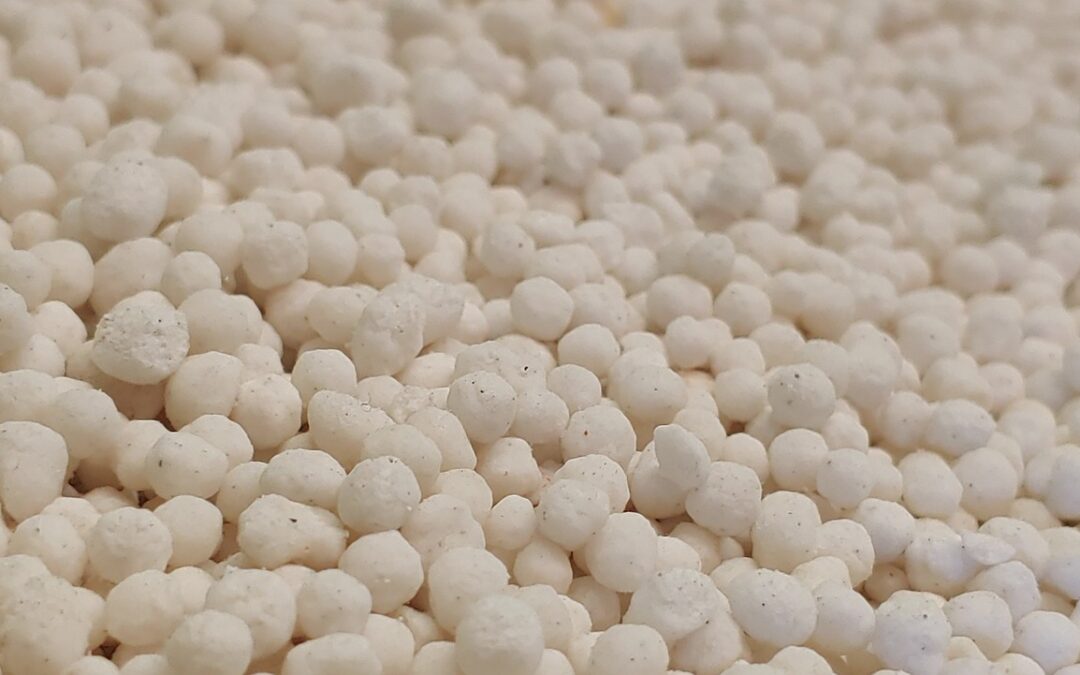Fertilizing plays an important role in maintaining the health and vitality of your plants. Fertilizers help plants thrive by providing essential nutrients.
Understanding Fertilizers: Fertilizers supply essential nutrients to plants, promoting their growth and overall well-being. The three primary macronutrients plants require are nitrogen (N), phosphorus (P), and potassium (K), often referred to as NPK. These macronutrients, along with secondary and micronutrients like calcium, magnesium, and iron, support various aspects of plant development.
Synthetic Fertilizers vs. Natural Alternatives:
- Synthetic Fertilizers: Synthetic or chemical fertilizers are manufactured products that provide plants with concentrated nutrients in specific ratios. While they can offer quick and targeted results, synthetic fertilizers often lack organic matter and can have environmental consequences if not used properly. Overuse or improper application can lead to nutrient runoff, water pollution, and harm to beneficial soil organisms.
- Natural Fertilizers: Natural fertilizers, often referred to as organic fertilizers, are derived from organic sources such as compost, manure, bone meal, or seaweed. They contain a broader range of nutrients and improve soil structure, water retention, and microbial activity. Natural fertilizers release nutrients slowly, providing a sustained supply for plants and reducing the risk of nutrient leaching.
Choosing the Right Fertilizer: Selecting the appropriate fertilizer depends on several factors, including the plant’s nutrient requirements, soil composition, and growth stage. Conduct a soil test to determine nutrient deficiencies and pH levels. This will guide you in choosing a fertilizer with the right NPK ratio to address specific needs. Additionally, consider the specific requirements of your plants, such as acid-loving plants that may benefit from a fertilizer with a higher acidity level.
Natural Fertilizer Options:
- Compost: Compost is a rich, dark humus created through the decomposition of organic matter. It enhances soil fertility, improves nutrient availability, and aids in moisture retention. Spread a layer of compost around the base of plants or incorporate it into the soil before planting.
- Manure: Well-rotted animal manure is an excellent source of nutrients and organic matter. Avoid using fresh manure, as it can burn plants. Apply aged manure to the soil surface or incorporate it during soil preparation.
- Bone Meal: Bone meal is derived from ground animal bones and is high in phosphorus, making it beneficial for root development and flower production. Mix bone meal into the soil when planting flowering bulbs or sprinkle it around established plants.
- Seaweed: Seaweed-based fertilizers are rich in trace elements and growth-promoting hormones. They stimulate plant growth, improve stress tolerance, and enhance soil health. Apply liquid seaweed fertilizer as a foliar spray or use dried seaweed as a mulch.
Timing Fertilizer Applications:
- Annuals and Vegetables: For annual flowers and vegetables, apply a balanced organic fertilizer during planting or as seedlings emerge. Side-dress with additional fertilizer during the growing season to provide a continuous supply of nutrients.
- Perennials and Shrubs: Feed established perennials and shrubs in early spring before new growth appears. Avoid fertilizing in late summer or fall, as it can promote tender growth that is susceptible to frost damage.
- Lawns: Fertilize lawns in early spring and late fall, using a slow-release organic lawn fertilizer. Follow the manufacturer’s instructions regarding application rates.
- Container Plants: Container plants require more frequent fertilization due to limited soil volume. Use a diluted organic liquid fertilizer every two to four weeks during the growing season, following package instructions.
Additional Fertilizer Tips:
- Water plants thoroughly before and after applying fertilizer to prevent root burn and aid nutrient absorption.
- Apply fertilizers evenly, avoiding direct contact with plant stems or leaves to prevent burning.
- Regularly monitor your plants’ response to fertilization. Adjust fertilizer amounts or frequency if necessary, based on plant growth and overall health.

Recent Comments